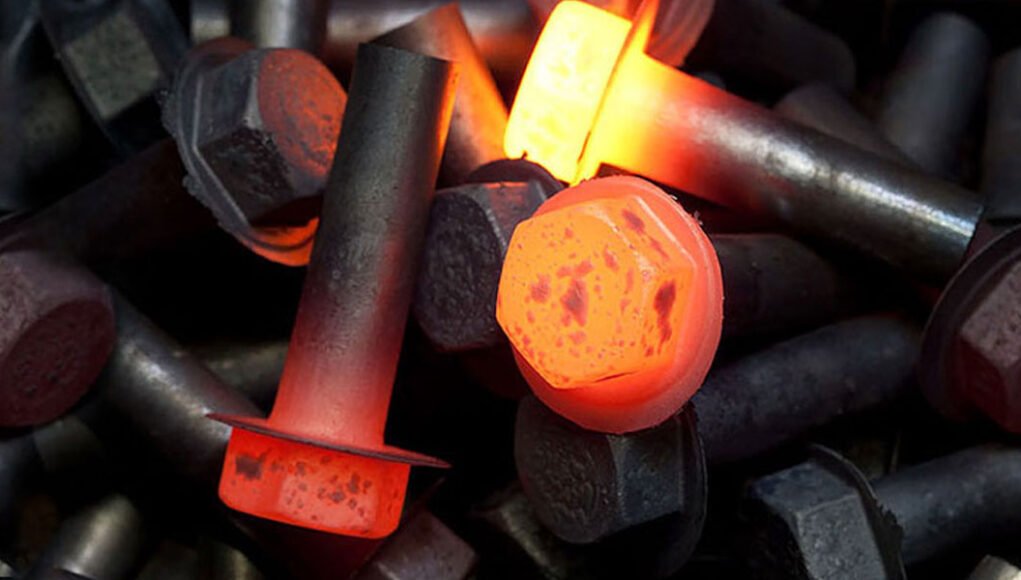Stainless Steel 253MA fasteners are widely used in high-temperature applications due to their excellent oxidation resistance, mechanical strength, and ability to perform in extreme environments. The manufacturing process of these fasteners involves several well-defined stages that ensure precision, quality, and durability. Below is an overview of the key steps in their production:
Raw Material Selection and Procurement
Manufacturers of Stainless Steel 253MA fasteners, such as Stainless Steel 253MA Fasteners Manufacturer, begin the process by sourcing high-quality raw materials. The composition of 253MA stainless steel includes chromium, nickel, and nitrogen, with small amounts of rare earth metals and silicon. These elements enhance its performance in elevated temperature applications. Strict quality control measures are applied to ensure the material meets industry standards.
Melting and Alloying
The raw materials are melted in an electric arc furnace or induction furnace. During this stage, alloying elements such as chromium, nickel, and nitrogen are added precisely to create the 253MA grade. The melting process ensures homogeneity and eliminates impurities. The molten metal is refined further to achieve the desired chemical composition and is then cast into billets or ingots for further processing.
Hot Rolling and Forming
After cooling, the billets undergo hot rolling to convert into smaller, more manageable forms like bars, rods, or wires. These intermediate products serve as the base material for Stainless Steel 253MA fasteners. The hot rolling process enhances the material’s grain structure, improving its mechanical properties and resistance to deformation during machining and forming.
Cold Drawing and Size Adjustment
Manufacturers use a cold drawing process for fasteners requiring specific dimensions and tighter tolerances. The hot-rolled bars or rods are drawn through dies to achieve the desired diameter and finish. This step enhances the material’s surface quality, tensile strength, and dimensional accuracy.
Cutting and Shaping
The next step involves cutting the raw material into appropriate lengths based on the type of fastener being produced, such as bolts, nuts, screws, or washers. CNC machines, lathes, and other advanced machinery shape the material to the desired design. During this stage, threading is applied to screws and bolts using thread-rolling or thread-cutting techniques.
Heat Treatment
Heat treatment is a critical process that enhances the strength, toughness, and corrosion resistance of Stainless Steel 253MA fasteners. The material is subjected to controlled heating and cooling cycles, which ensures that the fasteners can withstand high-temperature environments without losing their integrity.
Surface Finishing
After heat treatment, the fasteners undergo surface finishing to improve their appearance and protect them from corrosion. Common surface treatments include passivation, electroplating, and polishing. Passivation removes surface contaminants and forms a protective oxide layer, enhancing the fasteners’ corrosion resistance. Manufacturers also conduct burr removal to ensure smooth edges and threads.
Quality Inspection and Testing
Stringent quality checks ensure that Stainless Steel 253MA fasteners meet industry standards and specifications. Manufacturers conduct mechanical tests, including tensile strength, hardness, and elongation tests, to confirm the fasteners’ performance under stress. Corrosion resistance and high-temperature performance tests are also carried out. Dimensional inspections verify that the fasteners match the required design and tolerances.
Packaging and Dispatch
After quality assurance, the fasteners are cleaned, labeled, and packaged to prevent damage during transportation. Manufacturers like SS 253MA Fasteners Manufacturer ensure that the packaging is durable and suitable for the specific shipment conditions. The fasteners are then dispatched to various industries, including petrochemical, power generation, and furnace manufacturing sectors.
The manufacturing process of Stainless Steel 253MA fasteners combines advanced metallurgy, precision engineering, and strict quality control measures to produce components that excel in demanding applications. By sourcing products from reputed manufacturers, industries ensure these critical fasteners’ reliable performance and longevity.








